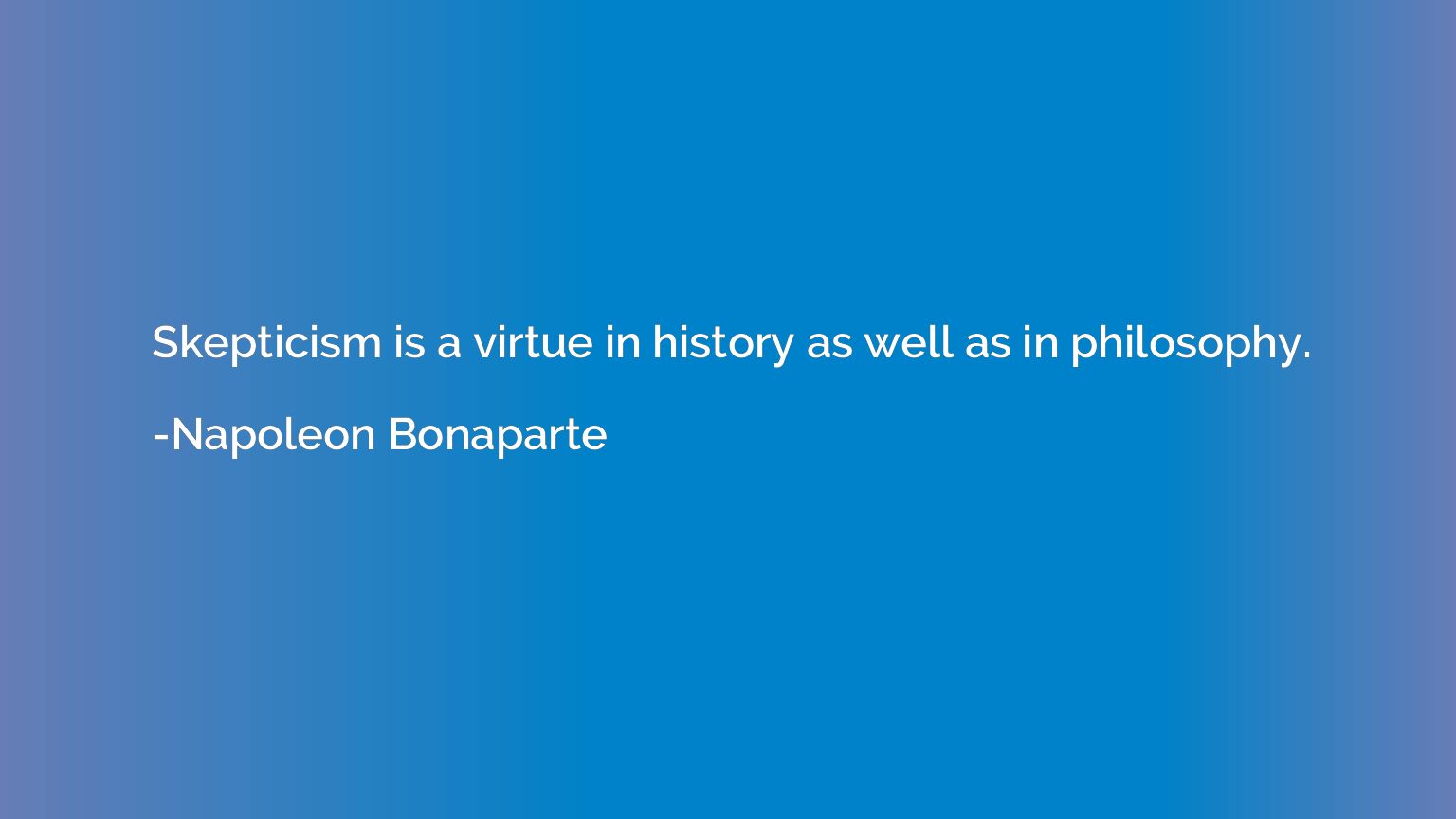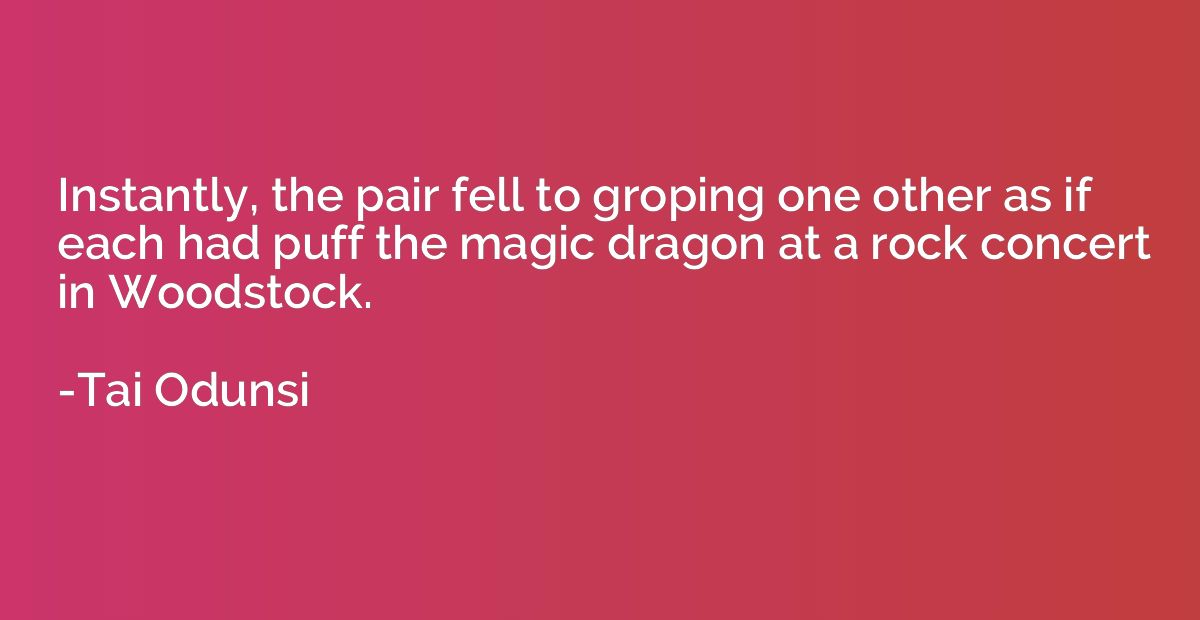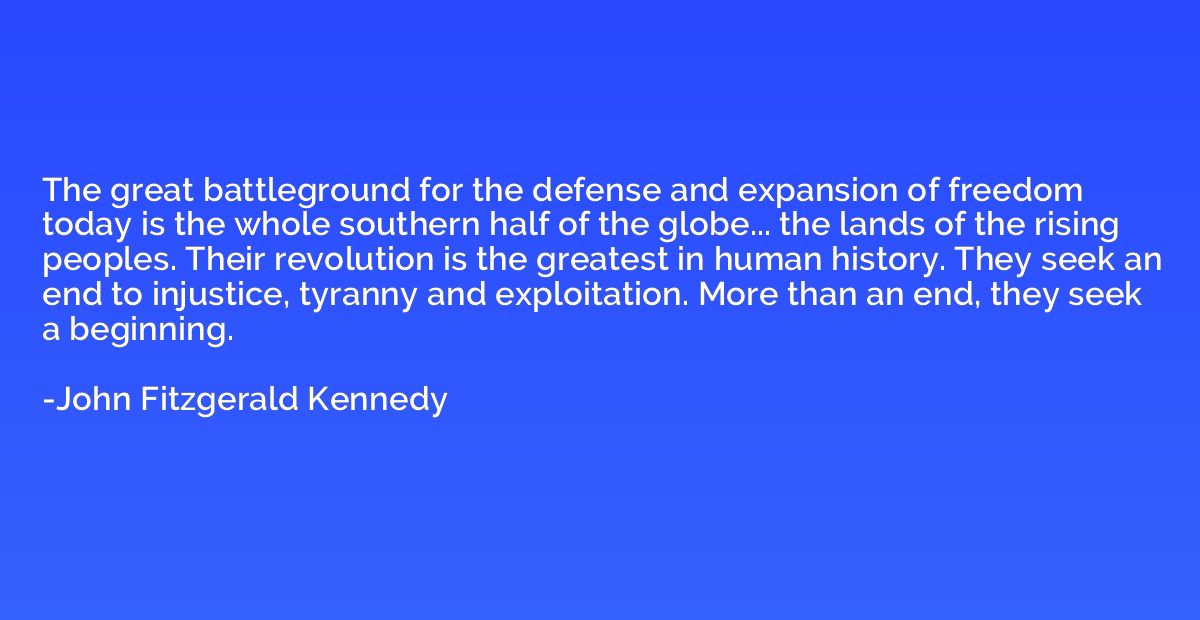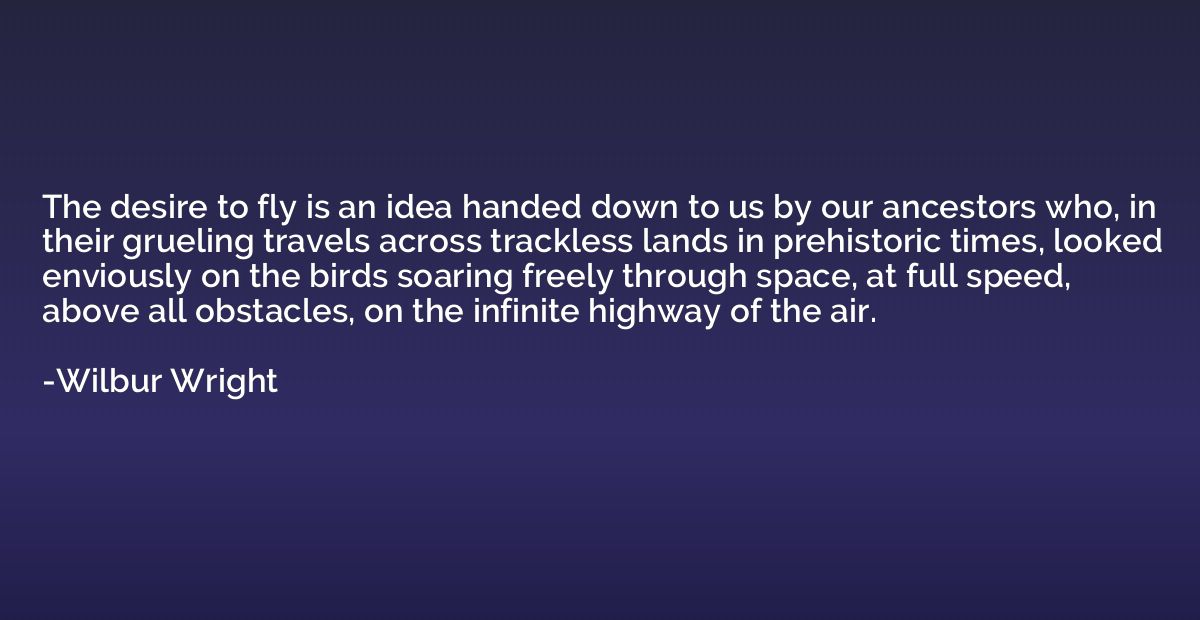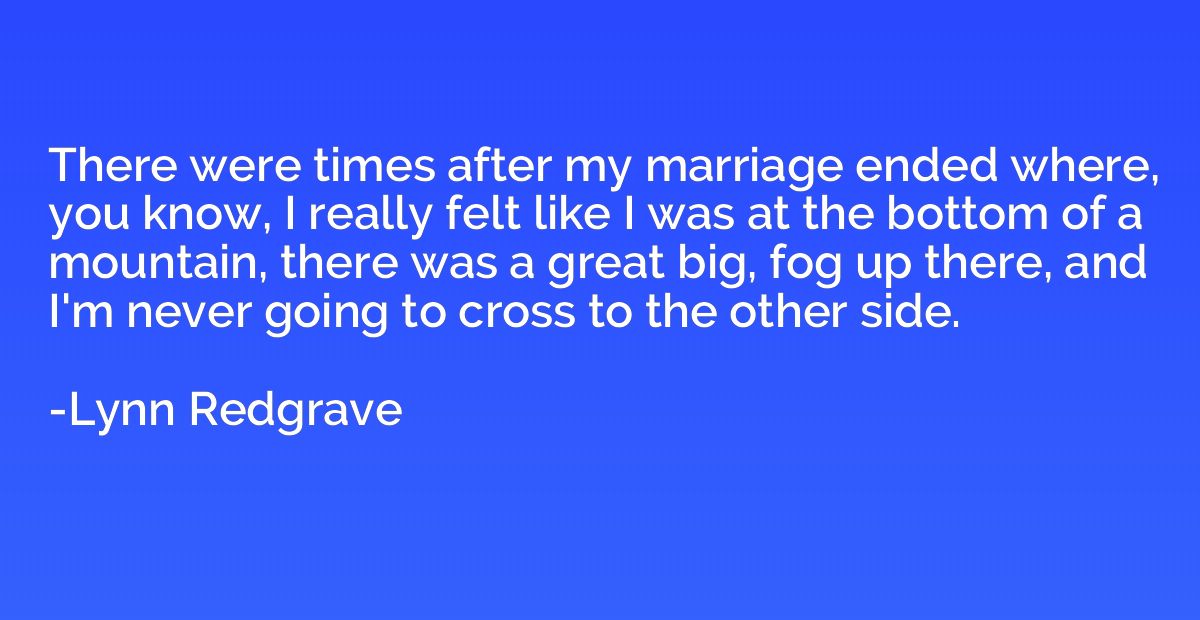Summary
This quote suggests that being skeptical, or having a cautious and questioning attitude, is valuable not only in philosophy but also when examining historical events. It implies that blindly accepting information or historical accounts without critical analysis can lead to a skewed understanding of the past. By maintaining skepticism, one can objectively evaluate different perspectives and interpretations, potentially unveiling hidden complexities and gaining a more accurate understanding of historical events. Skepticism in history helps to avoid biases and assumptions, encouraging critical thinking and allowing for a more nuanced comprehension of the complexities of the past.
